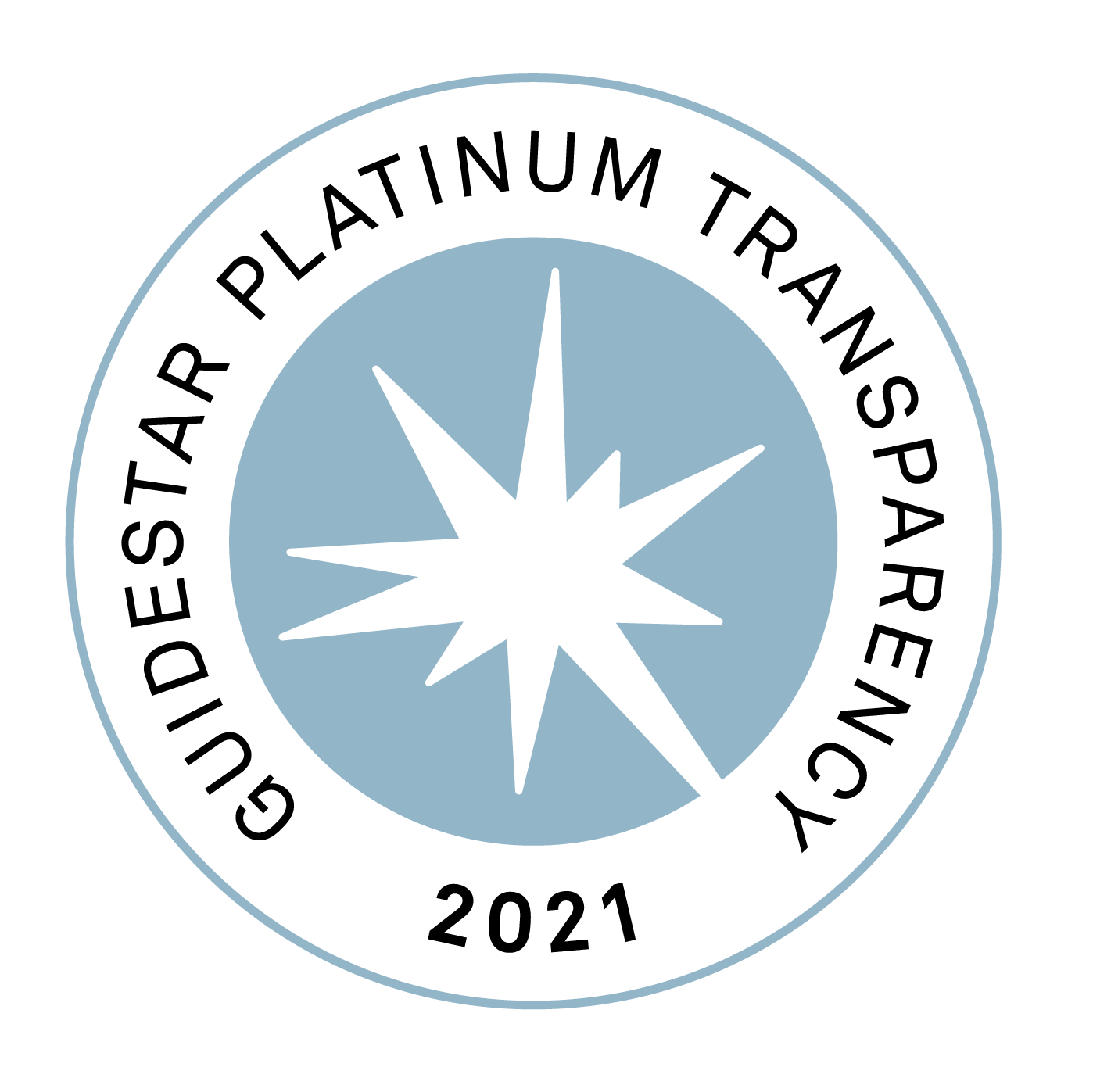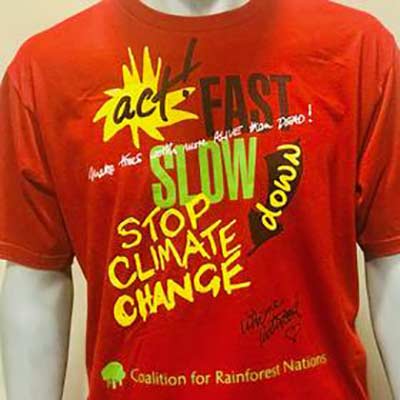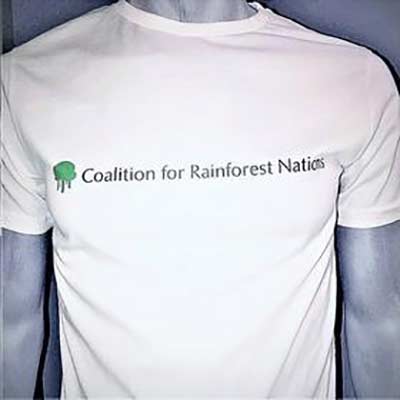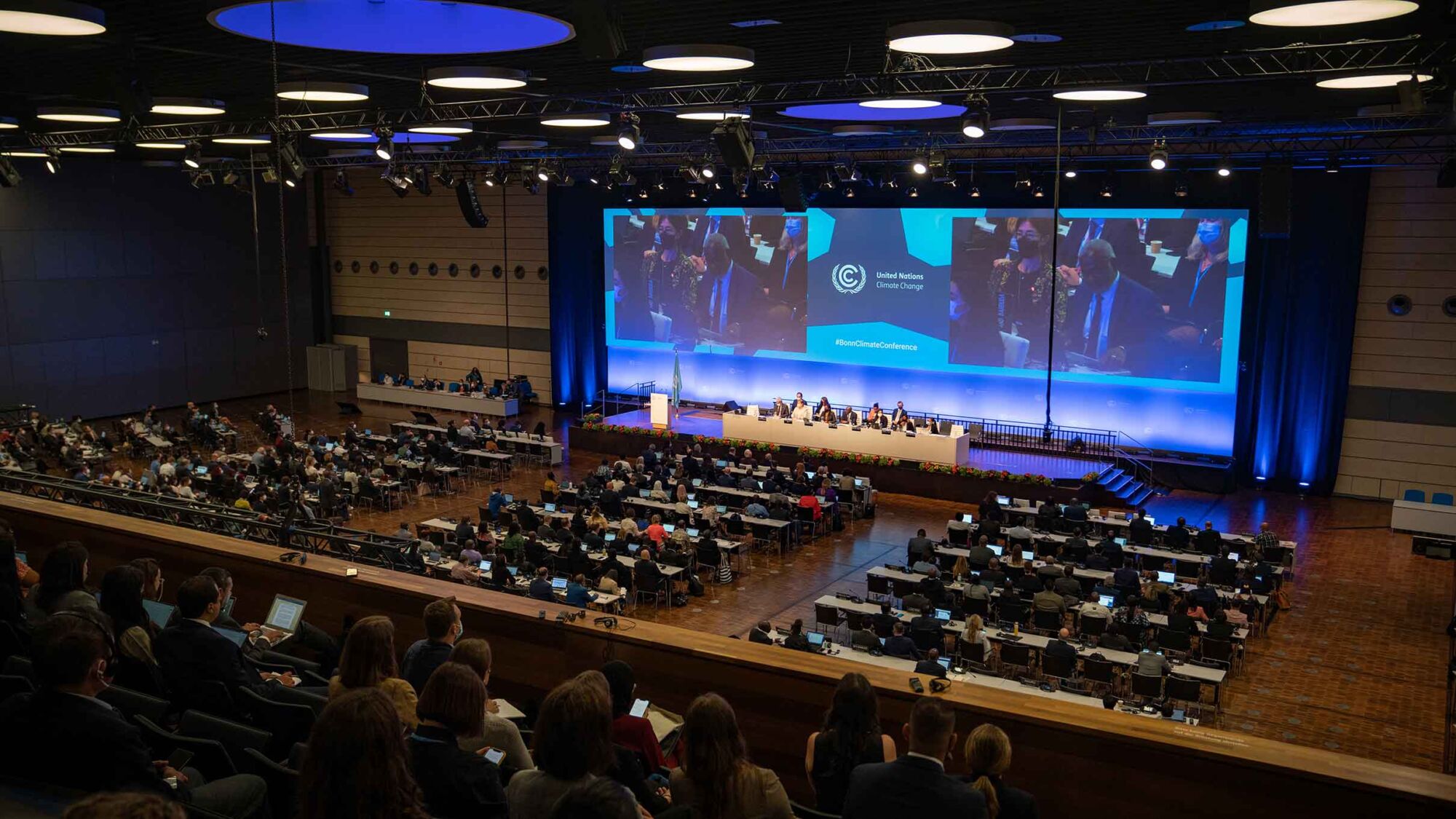
Rainforest Finance Day at the Bonn Climate Change Conference
July 24, 2022, New York
The UNFCCC REDD+ mechanism is far and away the greatest contributor to reducing emissions from rainforest deforestation and degradation, boasting roughly 9 gigatons of removals. Yet the developing nations responsible for its success, all of which have national scale programs to keep their forests alive, have largely not received financing for their efforts.
At Rainforest Finance Day on June 13th, Kevin Conrad, Executive Director of Coalition for Rainforest Nations (CfRN) along with Federica Bietta, CfRN’s Managing Director, and representatives from market infrastructure providers S&P Global and EY and others explained how the issuance and sale of sovereign carbon credits resulting from REDD+ emissions removals can help solve the financing problem and ensure that forests are worth more alive than dead.
Sovereign carbon credits can be purchased on the REDD.plus trading platform by corporations wishing to offset their emissions in a way that brings significant co-benefits, including biodiversity, while providing financial assistance to developing countries, all with the assurance the funds will go to the communities that need them.
Rainforest Finance Day, an annual UNFCCC meeting, was organized by CFRN with the support of the UNFCCC Secretariat. Representatives from the private sector, SBSTA chair and SBI vice-chair, rainforest member nations, and representatives of the incoming COP27 Presidency were in attendance. It took place during the UNFCCC’s 56th session of the Subsidiary Body for Scientific and Technological Advice (SBSTA) at the Bonn Climate Change Conference, and fulfilled the requirement of UNFCCC decision 10/CP.19 which calls for an annual meeting devoted to “the coordination of support for the implementation of activities in relation to mitigation actions in the forest sector by developing countries, including institutional arrangements.”
The issue of how to finance REDD+ activities is urgent. Under the REDD+ mechanism, except for a few instances of bilateral payments from the governments of Norway, Germany, and the U.K., and a small amount from the Green Climate Fund, the developed world has thus far failed to pay developing nations for their emissions reductions. The $100 billion dollars meant to transfer from developed to developing countries under the Paris Agreement has not materialized.
At the Day, private sector panelists discussed the demand side view of sovereign credits. And Danilo Mollicone of the UN Forestry and Agriculture Organization updated the gathering on technological innovations in measurement, reporting, and verification (MRV) which are enhancing the accuracy and ease of collection of forest related emissions data. Amongst others, representatives from Gabon, Belize, and Papua New Guinea showcased their REDD+ MRV results achieved under Article 5 of the Paris Agreement. Eleven other rainforest nations spoke about where they were in their timelines to issue REDD+ results.
Kevin Conrad, who launched the REDD+ mechanism, and along with Federica Bietta worked to get rainforests recognized in Article 5 of the Paris Accord, addressed the gathering. He emphasized the latest scientific consensus, saying forest preservation is essential for any emissions pathway that keeps average temperature rise below 1.5 degrees C.
Conrad highlighted the benefits of the REDD+ mechanism for speed and scale because time is running out to bend the emissions curve. He underscored the atmospheric integrity of REDD+ credits and the rigorous twelve-step process a nation must go through to issue them, and he explained how sovereign carbon issuance links to the accounting for the Paris Agreement. Conrad illustrated his point with a chart showing Papua New Guinea’s national REDD+ results, which show a steep decline in emissions since 2015.
Reductions at Speed and Scale compliant with Paris Agreement Goals.
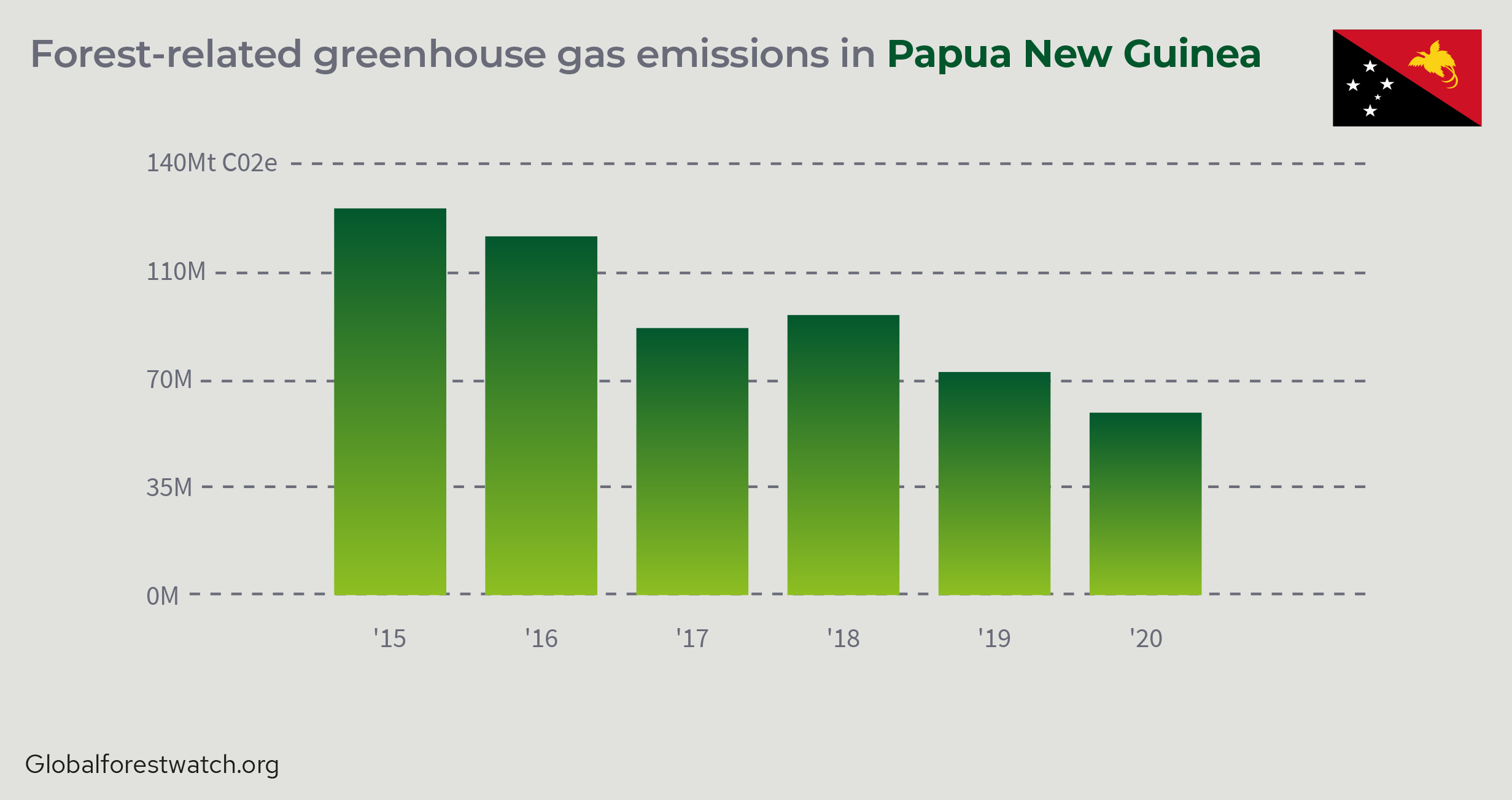
In her presentation, Federica Bietta presented the REDD.plus platform, platform, comprised of a Registry and an Exchange, built by CfRN for member countries. The platform enables member countries to sell credits, known as REDD+ Result Units™ directly to businesses, individuals, and governments. Papua New Guinea currently offers credits on the platform and Belize, Honduras, Gabon, and Ghana will soon join them.
Each REDD+ Result Unit™ is issued by the national government to prevent leakage, eliminate double counting, and seamlessly integrate into global carbon accounting under the Paris Agreement. REDD+ Result Units™ are only made available after conservation efforts have been successful and independently reviewed by the UNFCCC. The units are registered on the UNFCCC REDD+ Information Hub, and they are retired upon sale. For a corporate buyer, the REDD+ units appeal to those that wish to support developing countries while working towards net zero.
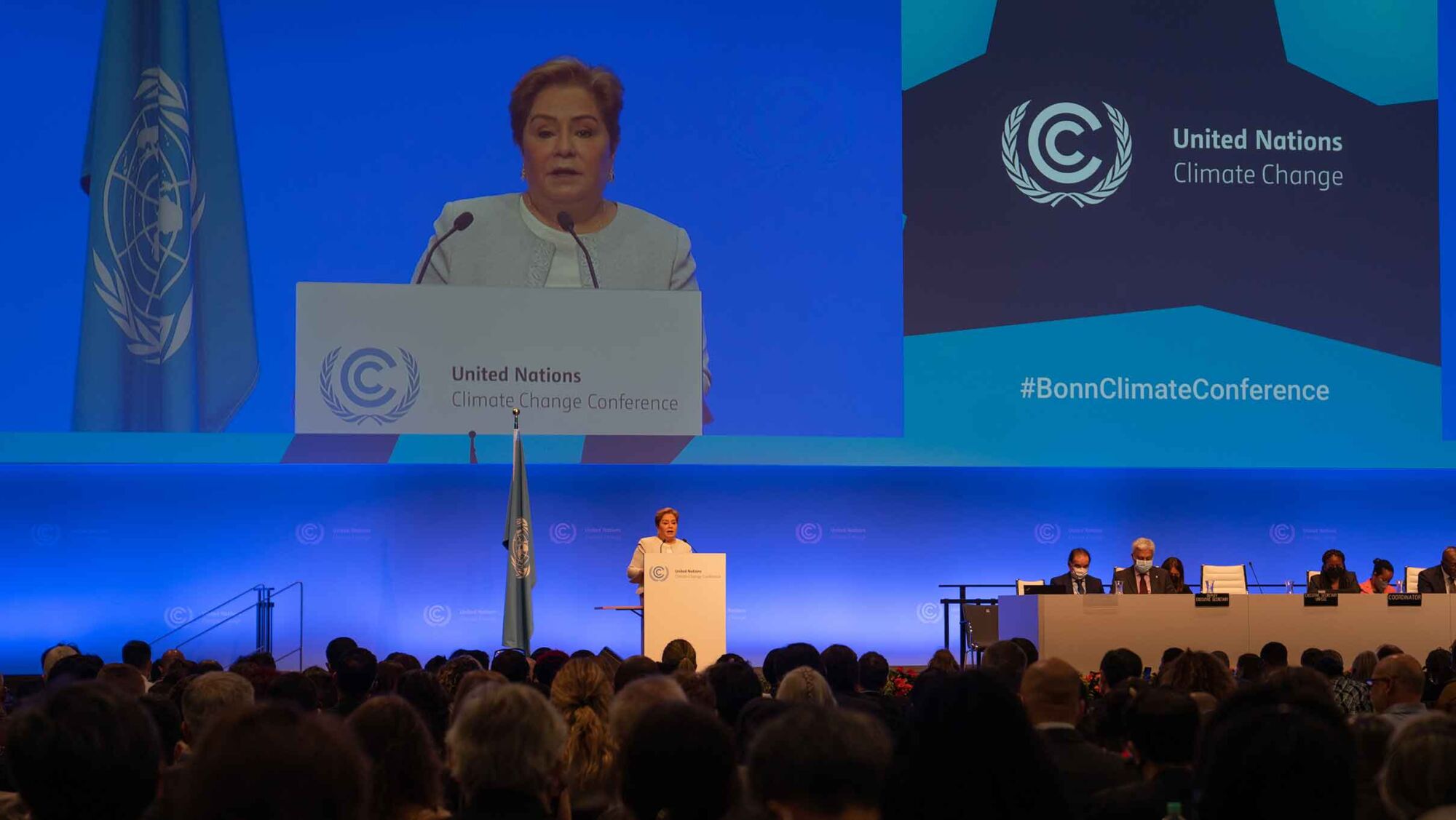
(above) Patricia Espinosa addresses the opening plenary of the conference
